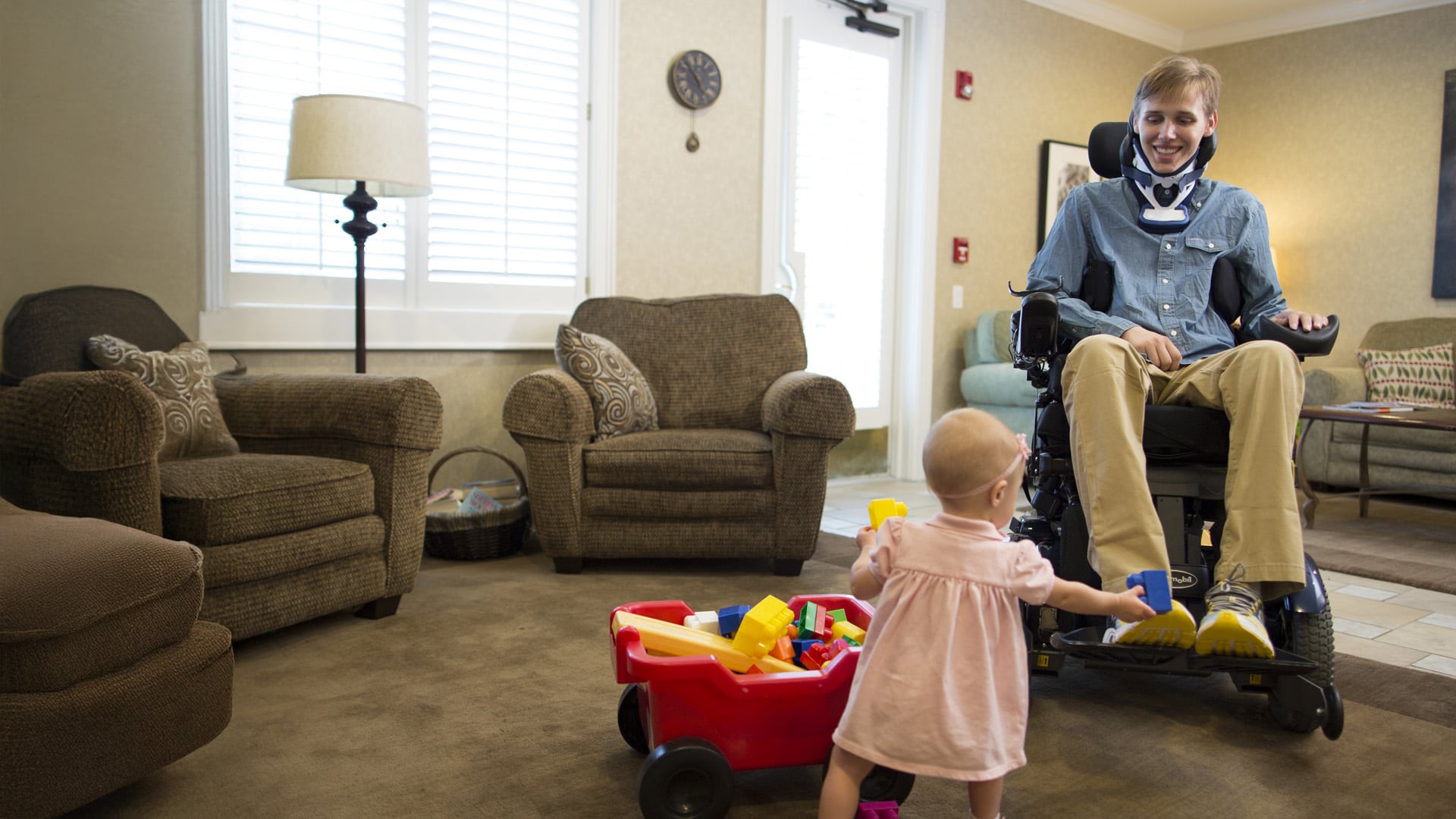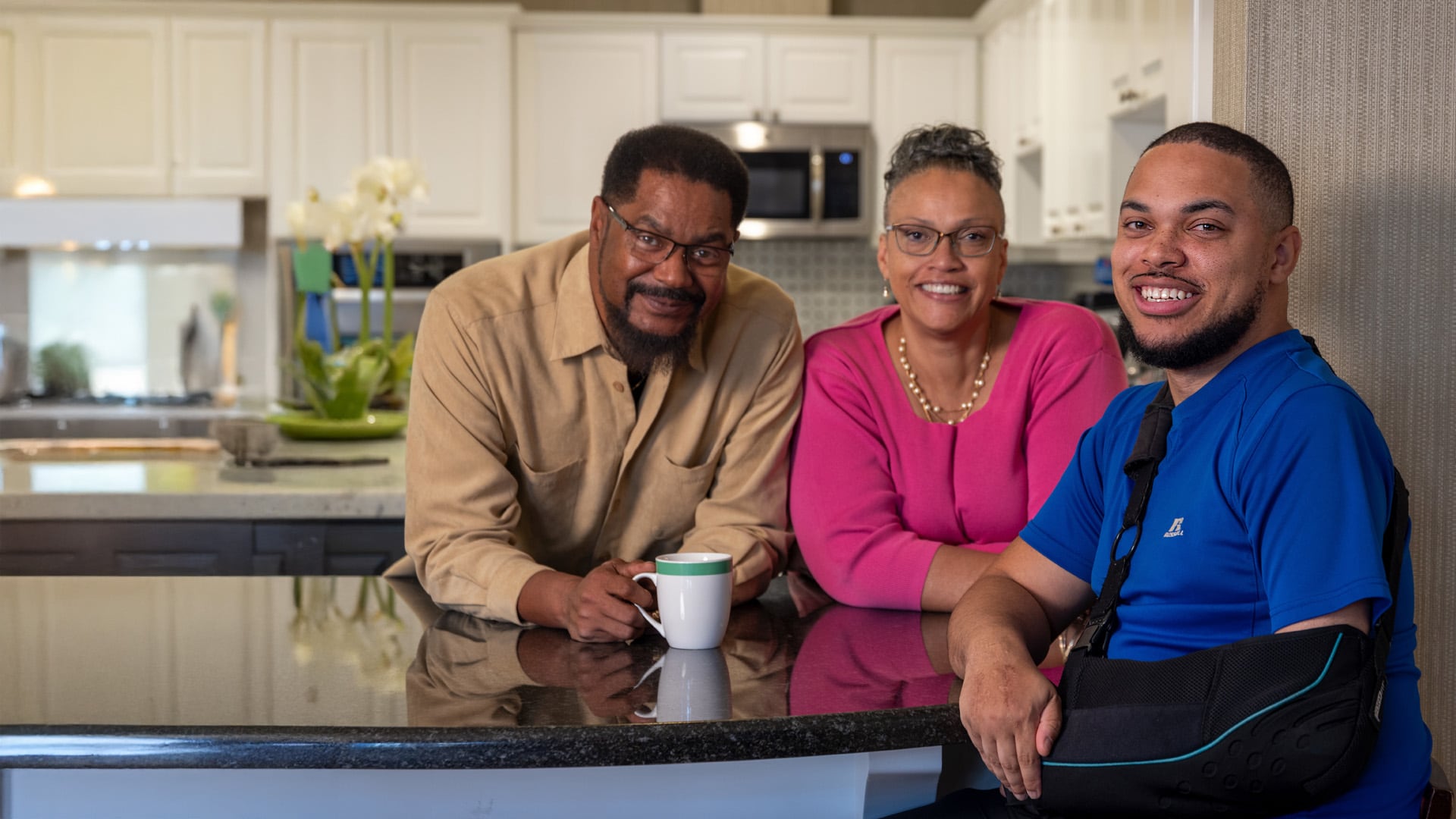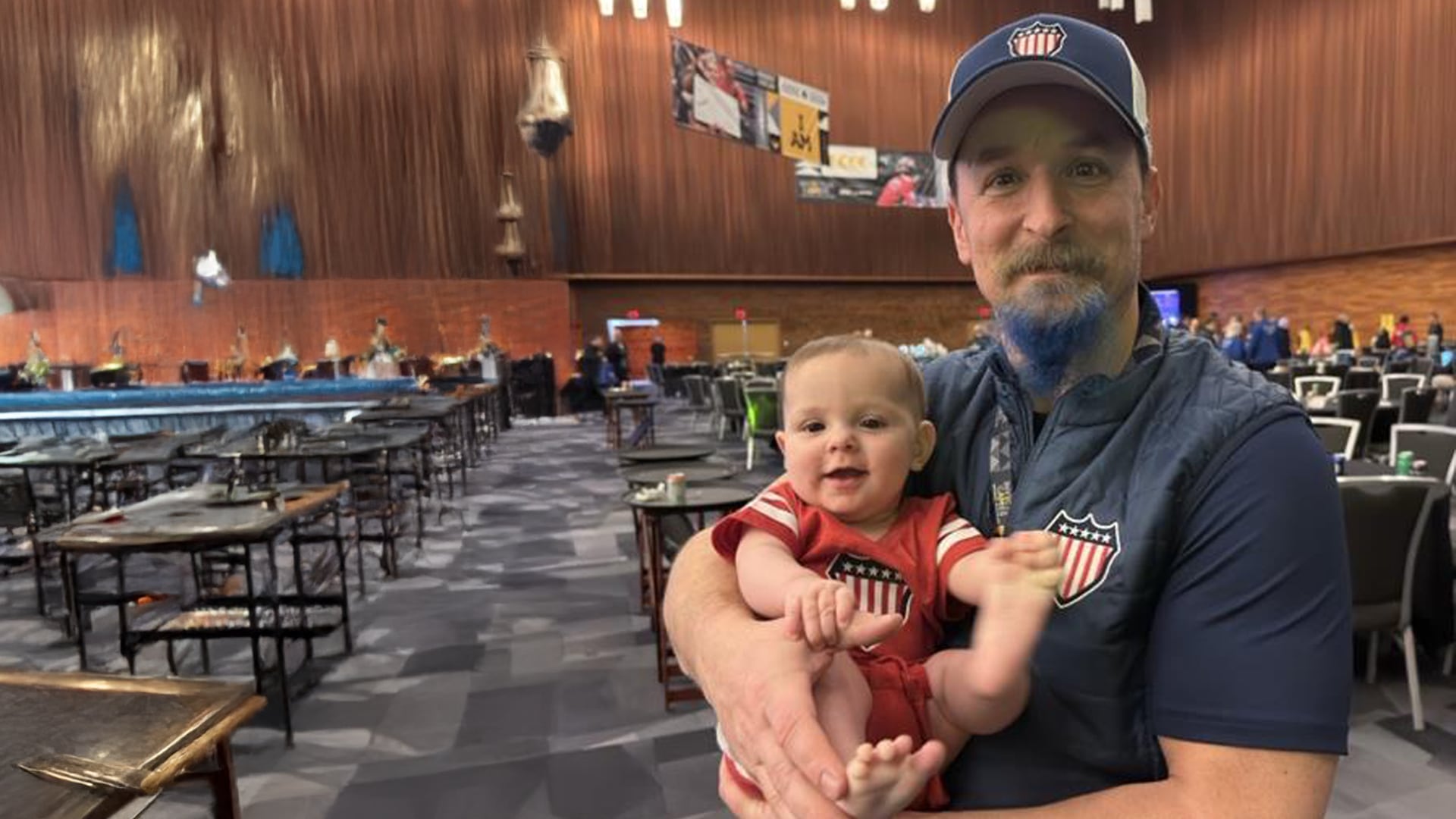Just last month we celebrated Veterans Day. It’s the day we say a collective “Thank You” to those who have worn our country’s uniform, and a yearly reminder to think of those who have served.
It’s not enough.
It’s not enough to post on social media once a year to demonstrate to our friends and colleagues that we care, only to forget about it until the next holiday. It’s not enough for politicians to talk about military families on the campaign trail, and not move the needle on policies once they’re in office. It’s not enough for businesses to give a military discount on the holiday, and not put forward any initiatives to help veterans find civilian jobs.
I say it’s not enough, because we owe a debt to service members, veterans and military families that can never be repaid – and we owe it every day, not just once a year. For those of us who have never worn the uniform, we can’t comprehend the weight our veterans carry home with them, or the challenges they face when they return to civilian life.
Just look at the numbers. Over the last 20 years, more than 30,000 active-duty personnel and veterans who served after 9/11 died by suicide, compared to just over 7,000 killed in combat, according to the USO. On any given night more than 30,000 veterans are without a home (VA).
With statistics like these, we must do more than say, “Thank you.” We must put policies in place that make mental health care accessible for veterans and shore up systems to ensure they are impactful. We must build a stronger bridge for veterans to help them access networks of support, because no one who has put themselves in harm’s way for our freedoms should have to wonder where they’re going to sleep at night.
We must also do more for their families. I always say, “The family serves, too.” That’s because they make up a critical support system by handling the logistics of moving from place to place, caring for an ill or injured loved one, and simply being there to help shoulder the emotional weight that service brings forth.
Often, these families face extreme out of pocket costs while caring for a loved one. A recent RAND report shows that, on average military and veteran families lose an estimated $13,000.00 in lost income and out of pocket costs, and more than one third of military and veteran caregivers are living below 130% of the federal poverty line.
We must do more to serve our military community, because they do so much to serve all of us. My challenge to anyone reading this today is to find one way that you can thank service members, veterans and military families with your actions. Lawmakers – support new policies that protect military caregivers and provide access to mental health for our veterans. Business leaders – create or grow your hiring initiatives that allow veterans to leverage their immense leadership, teamwork, and cool-under-pressure skills in civilian jobs.
All of us can do something. Whether it’s volunteering or making a charitable donation to a military nonprofit, writing a letter to your representative about a veteran-focused policy initiative, or even simply educating yourself about the unique challenges our military community face, there’s something you can do right now to make a positive impact.
Saying “Thank You” with our words is a start, but how we say it with our actions will truly make a difference.






